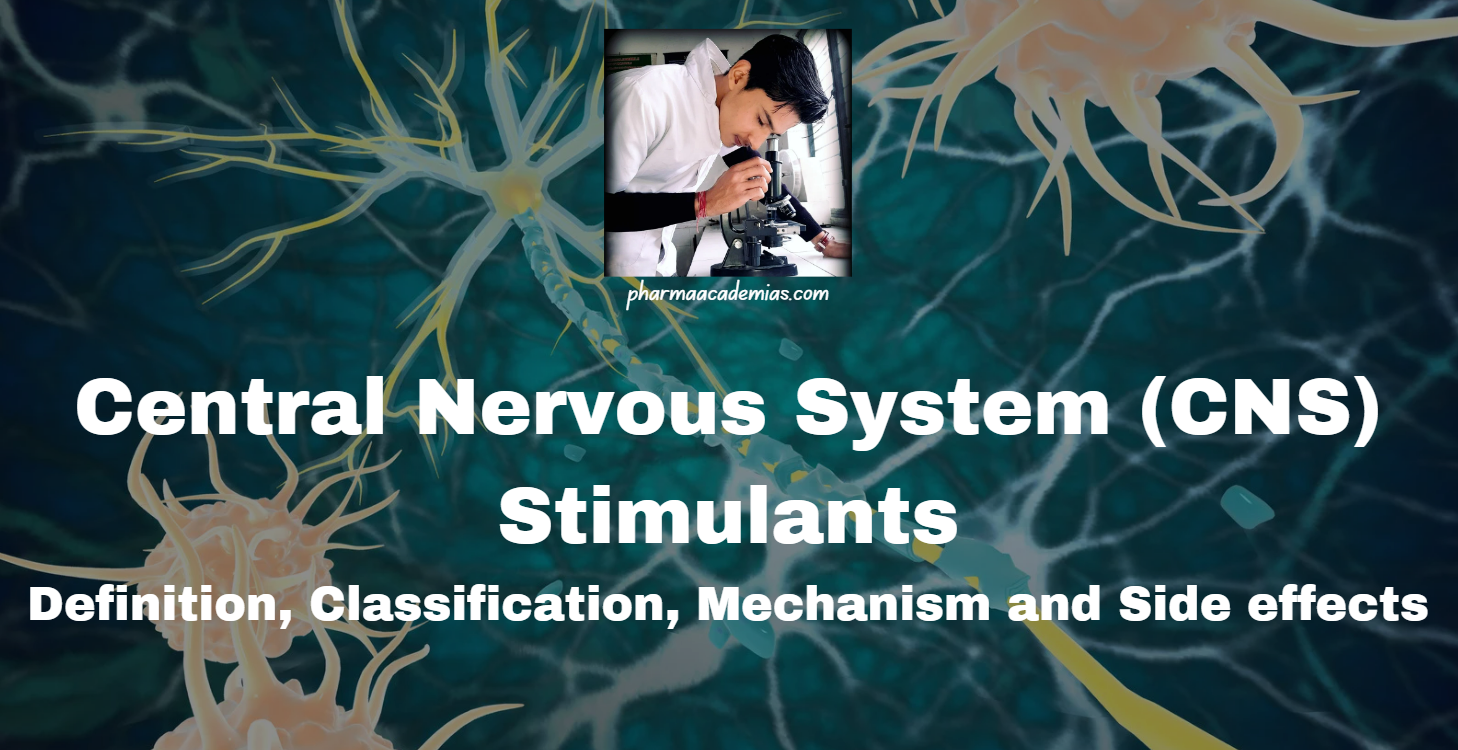Drug Addiction: Causes, Symptoms, and Treatment Strategies
Drug addiction, also known as substance use disorder (SUD), is a chronic, relapsing brain disease characterized by compulsive drug seeking, continued use despite harmful consequences, and long-lasting changes in the brain. It is both a complex brain disorder and a mental illness. Types of Drug Addiction Substances 1. Opioids: Heroin, prescription pain relievers (e.g., oxycodone, … Read more





